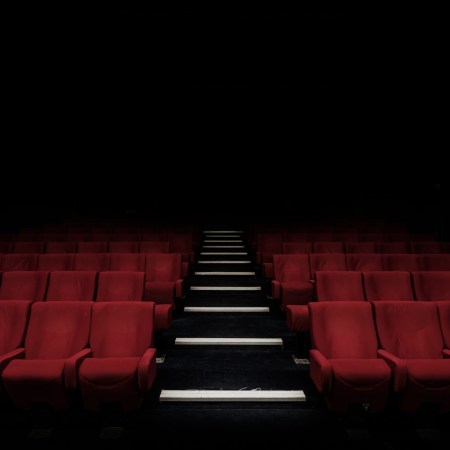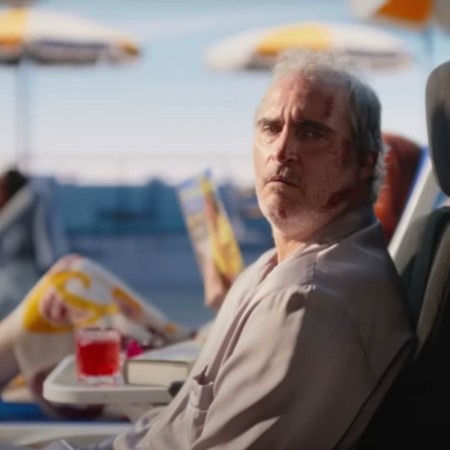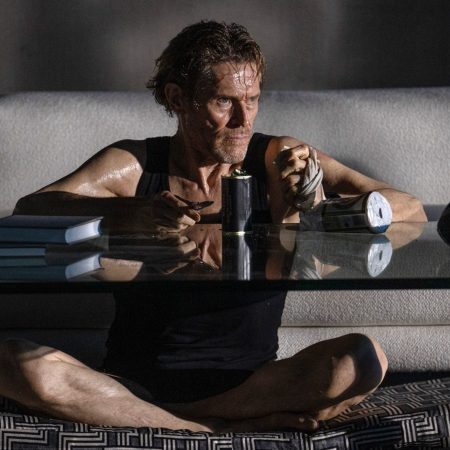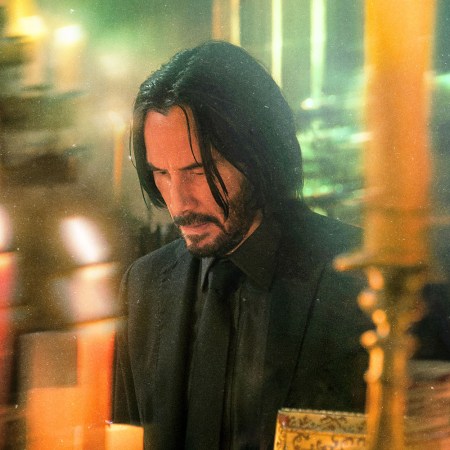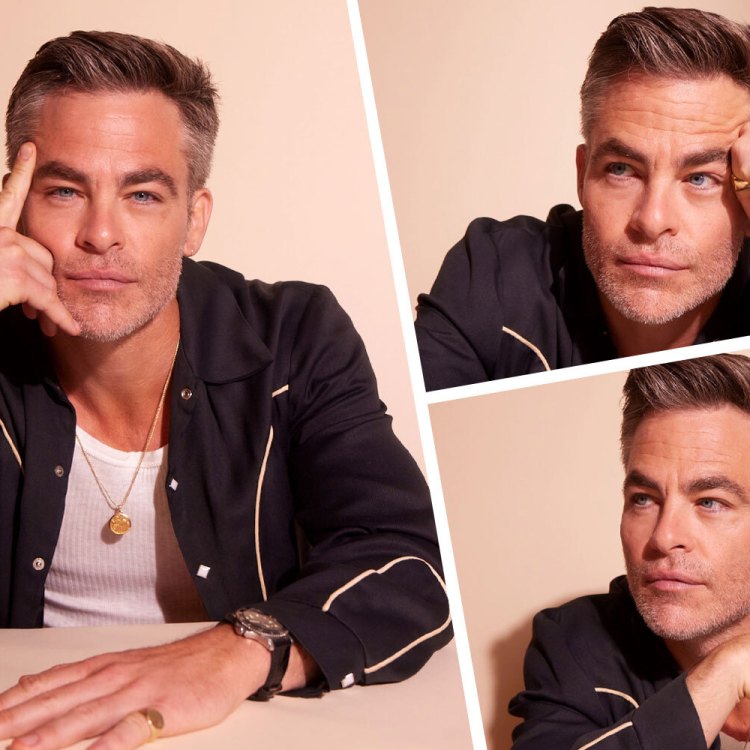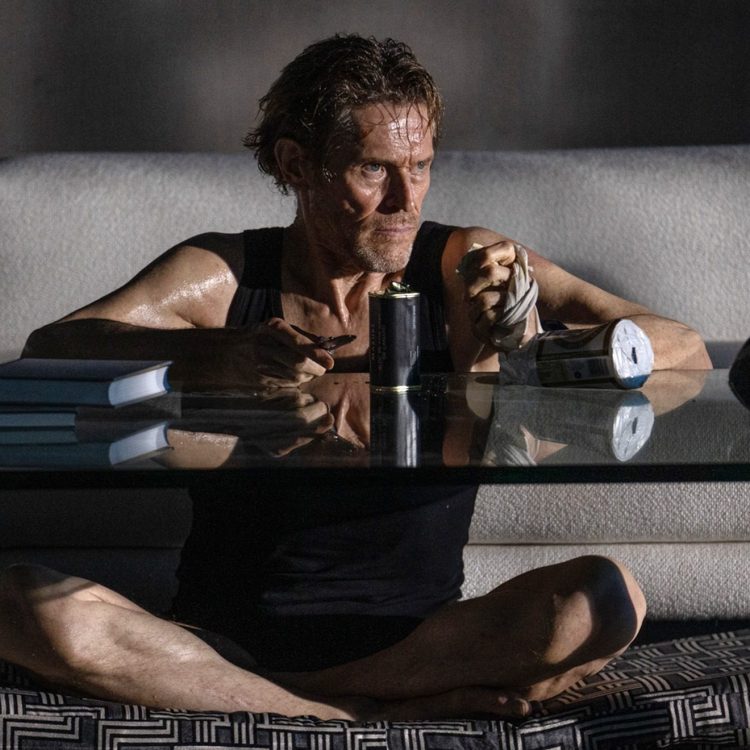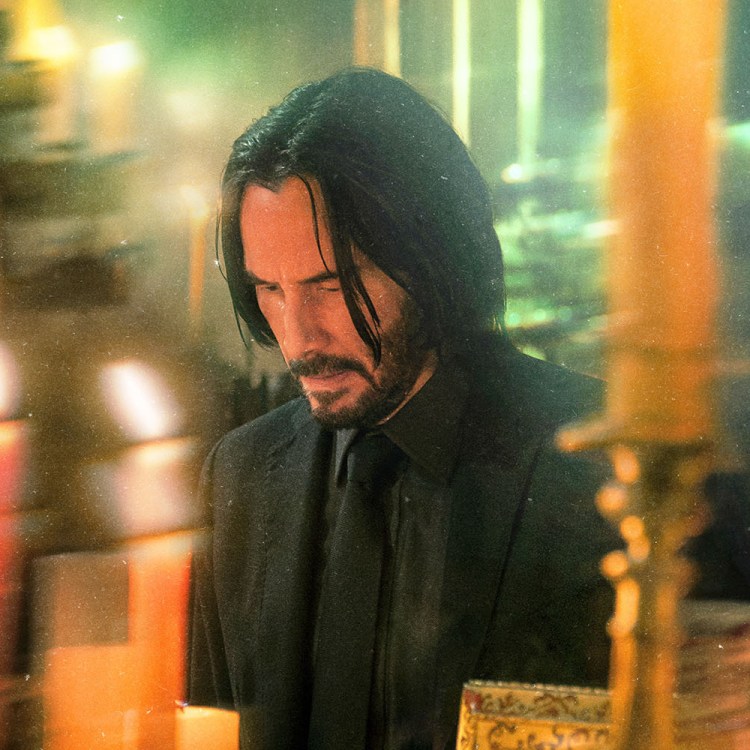One of the many ways in which film delights audiences is through its ability to transport them to another time or place. There are parts of the world that you might never visit but can still know intimately if you watch enough films. And at a time when seeing the world personally isn’t really an option, there’s a clear choice for the streaming channel best engineered to help you do it.
As over-the-top screening services go, the Criterion Channel is a relative newcomer: it launched just a year ago. And much like the Criterion Collection, its focus is on quality rather than quantity. What that amounts to is a selection of the greatest films ever made, along with crowd-pleasing favorites like, well, a whole lot of Godzilla movies.
If you’re looking to brush up on your classic cinema — or see a city or country you’ve never visited before — here are some recommendations that will take you around the world without having to leave your couch.
Weird Happenings in Australia
Nearly all of filmmaker Peter Weir’s movies evoke a strong sense of place, along with an overwhelming atmosphere. It’s as true for The Mosquito Coast as it was for The Truman Show — and Picnic at Hanging Rock, about a group of Australian girls who go missing in 1900, might be the apex of this. Roger Ebert called it “a movie that creates a specific place in your mind; free of plot, lacking any final explanation, it exists as an experience.” Perhaps it’s time to immerse yourself in this compelling, surreal drama.
A Haunting Procedural From a Legendary Filmmaker
What happens when a storied filmmaker adapts one of Ed McBain’s crime novels, shifting the setting from Chicago to Tokyo? You get High and Low, Akira Kurosawa’s haunting, thrilling tale of a kidnapping and its aftermath. As a wealthy man struggles to deal with news of a kidnapping close to him — and faces personal and professional crises on all fronts — Kurosawa delivers a meticulously made, mortally resonant film.
Guillermo del Toro’s Bizarre Take on Vampires
Sometimes, Guillermo del Toro opts for a serious register with his films, grappling with grand themes. Sometimes, he goes full-on pulp. His early film Cronos is firmly in the latter camp, abound an old man who comes across a bizarre Mexican artifact — and soon develops a craving for human blood. Throw in a memorable appearance by frequent del Toro collaborator Ron Perlman and you have a wonderfully skewed riff on a familiar horror trope.
An Uncannily Timely Story From Satyajit Ray and Henrik Ibsen
High and Low isn’t the only case of a great director taking a familiar story and pulling it into a very different milieu. Acclaimed director Satyajit Ray took Henrik Ibsen’s 1882 play about a doctor facing a moral crisis and shifted the setting to modern-day India. The result was An Enemy of the People, in which a doctor struggles to avert a public-health catastrophe, and wrestles with opposition from the government and media.
One Eccentric Director’s Love Letter to His Hometown
Guy Maddin’s film My Winnipeg has its roots in a commission the filmmaker received to make a documentary about his hometown. Much like Werner Herzog, Guy Maddin is the sort of filmmaker who delights in upending documentary clichés — and out of that, a singular film arose. Writing in POV, Tyler Prozeniuk noted that My Winnipeg is “a film about the dream life of a city, a para-documentary about a parallel, phantasmagorical, invisible Winnipeg.” And hey, you don’t get the opportunity to visit invisible cities all that often.
An Outlaw’s Rise, Memorably Soundtracked
As great film soundtracks go, that of The Harder They Come is difficult to top. Jimmy Cliff — who also sings the title song — stars as a musician whose foray into reggae is complicated by his growing infamy as an outlaw across Jamaica. It’s nearly impossible to classify, but its influence can be seen in a number of recent films — a review of the Donald Glover/Rihanna film Guava Island cited it, for one.
Wim Wenders’s Masterpiece — Or at Least One of Them
The string of work made by German filmmaker Wim Wenders from the late 1970s to the early 1990s is one of the all-time great directorial runs. Right in the middle of that, Wenders made Paris, Texas, working from a screenplay by Sam Shepard. Revisiting the film in 2015, critic Guy Lodge hailed its blend of director and setting: “I can hardly think of a film more in thrall to the flat gingerbread landscape of the new American west, ribboned with tar and neon, echoing with lonesome blues riffs.”
Cinema’s Greatest Motorcycle? Quite Possibly.
Plenty of films feature protagonists with souped-up motorcycles. The hero of Senegalese director Djibril Diop Mambéty’s 1973 film Touki Bouki might have them all beaten, though: the man drives around with a zebu skull strapped to the front of his bike. Writing for the BBC in 2018, Djia Mambu called this film about star-crossed young lovers “a revolutionary work both in its futuristic themes and its innovative style.”
Rome Like You’ve Never Seen It Before
A classic of both Italian and global cinema, Roberto Rossellini’s Rome, Open City helped create the movement known as neorealism — one which contrasted historical moments with the lives of everyday people. Rosselini’s subject was Rome in the waning days of World War II, as Italian partisans fought the Germans for control of the city. Rossellini made the film not long after the end of the war. Writing at The Guardian, Peter Bradshaw called it “a thrillingly real drama about events fresh in the mind.”
This article was featured in the InsideHook newsletter. Sign up now.

